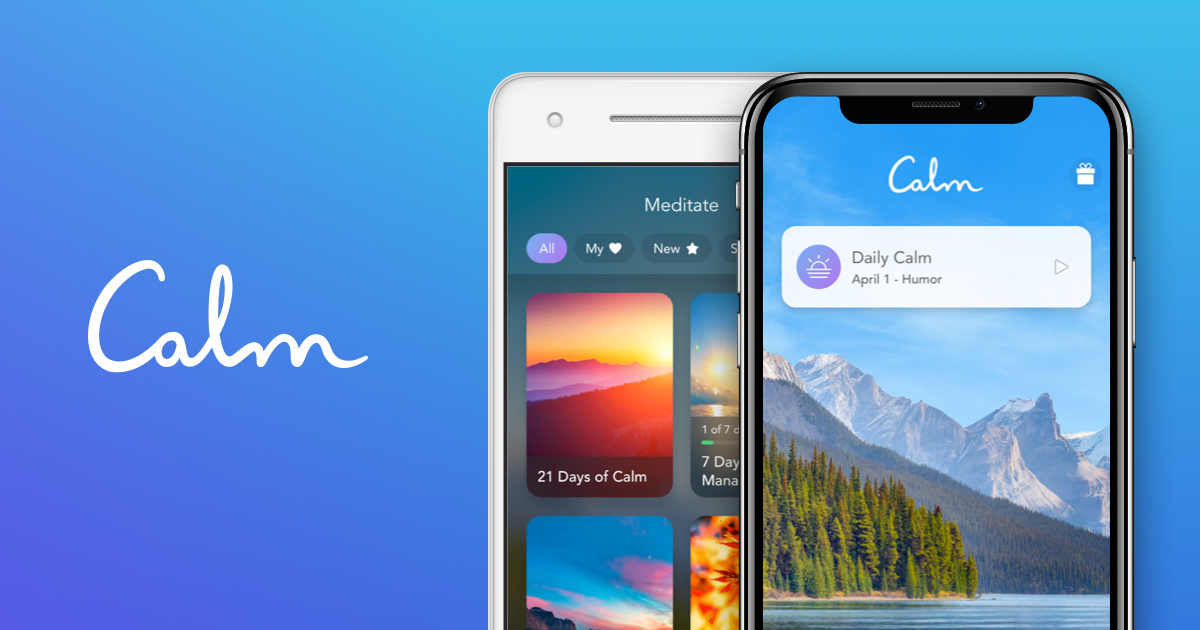Mental Commuting

Pre-Covid, many people had a commute, time taken to move your physical location from home to work, and back. Lots of people hate the wasted time spent on this daily grind, but some cherished elements of it - it's me time, listening to pod casts, reading, etc.
This separation of work and home, of mental states is something which, I think, deserves more attention and something we've lost when we lost our physical commute. For me at least, being able to compartmentalize those worlds has been a critical part of maintaining a health work/life balance and perspective.
How can you mentally commute?
Or to say it another way, how do you move headspace without moving physical space?
I think it's actually really simple, for me, it's and comes down to 2 things.
- Time
- Context
Both are about enabling a smooth and predictable transition, to let your brain, emotions and thoughts move from one state to another.
Time
Most people (myself included), need time to adjust. There are some among us who have a superpower, they are able to compartmentalize and switch extremely quickly - for everyone else, there is time.
How much time you need to settle after a day can depend on you and your day, but not spending time on this transition, risks the stresses or excitement from one area bleeding into the next. Turning the transition into a habit can also help reduce the time needed, in my experience.
Context
You work at work, and are at home at home. But when you work at home, things get tricky. So to help with separation, build context.
I'm lucky, in that I have a room I use as my home office, this means I can leave that room and "leave work" in that room too. But even without a room, you can tie your work context to something, a device (a work laptop), a position/chair dedicated to work or even the clothes you are wearing. Moving out of that context is a signal to you, your brain, those around you that you're not working any more.
Give yourself something to latch onto, as "work mode" and so an ability to deliberately switch out of it. Without it, you are always potentially "at work".
My routine
I use both time and context to keep my work and home life separated. I plan my day and schedule around these transitions has had a HUGE impact on my ability to focus at work and unwind after.
In my morning, I will take my kids to school, walking. When I get back to the house after dropping them, I enter my "office" and my day begins (with the bonus of a little exercise too).
At the end of my day, I schedule a 15 minute "decompression" time, it's in my calendar, as a meeting - I don't leave work (my room) till it's done. I use this time to take stock of the day, look at tomorrow and meditate. Its worth every second.

To help me meditate I use the Calm app. I am fortune that my employer (BEN Group) who takes mental health seriously and offer a free calm subscription to all employees! If you are new to meditation (like me) I highly recommend the How to Meditate series, followed by Daily Trip (both by Jeff Warren). Each episode is about 10 minutes, perfect for the end of day decompression.
Meditation gives my brain permission (and time) to reset and re-calibrate before I leave my office, closing the door behind me, till the next day.
It's not perfect
Do I sometimes miss the decompression meeting - of course.
Have a sneaked back into the "office" later to do more work - yes.
Does it always work - no.
But its helped, a LOT. It might work for you, or it might not, but I'm sharing this as its helped me, and I want to help others - I hope it does.




